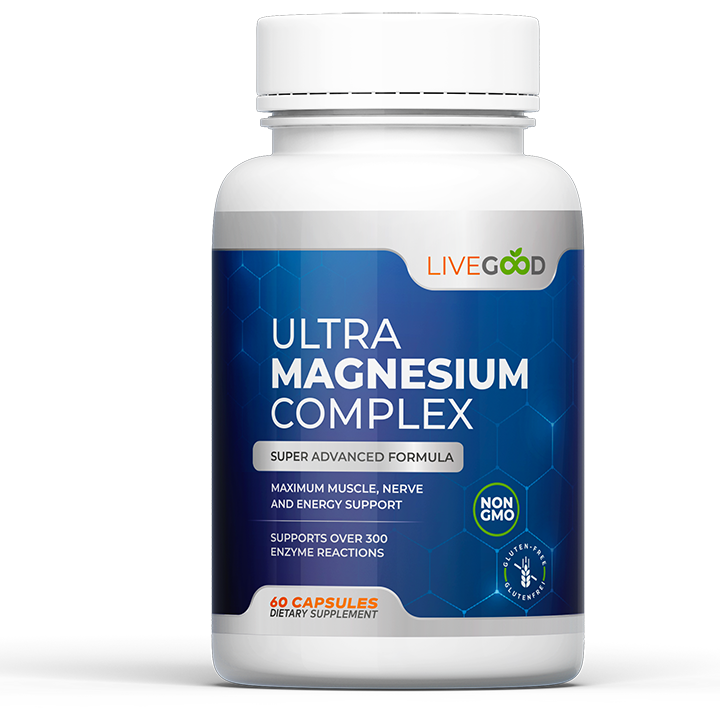INTRODUCTION
Supplements offer an efficient and convenient method to ensure that our bodies receive the necessary nutrients to function optimally. Whether it’s boosting our immune system, promoting brain health, or aiding in muscle growth and recovery, the benefits of supplements are manifold. However, it’s essential to remember that supplements are just that—a supplement to a balanced diet and not a replacement. Let’s explore the many advantages that these nutritional enhancers offer.
Effects on Immune System
Supplements can play a significant role in bolstering the immune system. Vitamins such as C, E, and B6, as well as minerals like zinc and selenium, are crucial for maintaining and enhancing immune function.
These nutrients aid in the production of white blood cells and antibodies, which are the body’s primary defense against disease-causing microorganisms.
Vitamin D, often referred to as the “sunshine vitamin,” is another supplement that plays a vital role in immune health. Not only does it promote calcium absorption for bone health, but it also influences immune response. Taking these supplements, especially during the colder months when sunlight exposure is limited, can help to keep your immune system in top shape.
While all the mentioned supplements contribute to a robust immune system, Vitamin D holds a special place for its dual role. Often overlooked, this “sunshine vitamin” not only aids in calcium absorption, promoting bone health, but it also plays a crucial role in modulating the immune responses.
Deficiency of Vitamin D has been linked to increased susceptibility to infections. Especially during the winter months, when sunlight, a natural source of Vitamin D, is scarce, supplementing with Vitamin D becomes even more important to maintain a healthy and robust immune system.
Effect of supplements of nerves
Supplements can have a profound effect on nerve health and function. Certain supplements, such as B-vitamins, particularly B6 and B12, play a critical role in nerve health. They’re essential for the formation of myelin, a protective sheath that covers nerves and aids in the transmission of electrical signals.
Deficiencies in these vitamins can lead to a range of nerve disorders. Additionally, Omega-3 fatty acids, commonly found in fish oil supplements, have been shown to support nerve health and reduce inflammation, which can negatively impact nerve function.
Magnesium is another supplement that benefits nerve health by helping to regulate nerve impulses. However, as always, it’s important to consult a healthcare provider before starting any supplement regimen to ensure it’s suitable and safe for your specific health needs.
Effect of supplements of nerves
Supplements can have a profound effect on nerve health and function. Certain supplements, such as B-vitamins, particularly B6 and B12, play a critical role in nerve health. They’re essential for the formation of myelin, a protective sheath that covers nerves and aids in the transmission of electrical signals.
Deficiencies in these vitamins can lead to a range of nerve disorders. Additionally, Omega-3 fatty acids, commonly found in fish oil supplements, have been shown to support nerve health and reduce inflammation, which can negatively impact nerve function.
Magnesium is another supplement that benefits nerve health by helping to regulate nerve impulses. However, as always, it’s important to consult a healthcare provider before starting any supplement regimen to ensure it’s suitable and safe for your specific health needs.
Best recommended supplements
The best supplements largely depend on individual’s dietary habits, health status, and lifestyle.
However, some generally recommended supplements include multivitamins, Omega-3 fatty acids, Vitamin D, Calcium, and Probiotics. Multivitamins can help fill nutritional gaps and ensure you’re getting the essential vitamins and minerals your body needs.
Omega-3 fatty acids support heart health and brain function. Vitamin D is crucial for bone health and immune function, particularly in regions with limited sunlight.
Calcium is vital for bone health, especially for women in menopause prone to osteoporosis. Probiotics aid in maintaining a healthy gut microbiome, which can impact everything from digestion to immune function.
It’s important to remember that supplements should supplement a healthy diet, not replace it, and it’s crucial to consult a healthcare professional before starting any supplement regimen.

Best recommended supplements
List Supplements
- Multivitamins: A blend of the essential vitamins and minerals needed for good health.
- Omega-3 Fatty Acids: Beneficial for heart and brain health.
- Vitamin D: Vital for bone health and immune function.
- Calcium: Necessary for bone health and nerve function.
- Probiotics: Helpful for maintaining a healthy gut biome.
- Protein Supplements: Aid in muscle growth and recovery.
- Creatine: Enhances energy production during intense workouts.
- Branched-Chain Amino Acids (BCAAs): Known to promote muscle protein synthesis and reduce muscle damage.
- Iron: Crucial for blood health, especially in teenagers and women during menstruation.
- Folic Acid: Important for pregnant women to support the growth and development of the fetus.
- Magnesium: Assists in regulating nerve impulses.
- Vitamin B12: Essential for nerve health and formation of myelin.
- Fish Oil: Rich in Omega-3 fatty acids, supports nerve health.
- Vitamin B6: Plays a critical role in nerve health.

